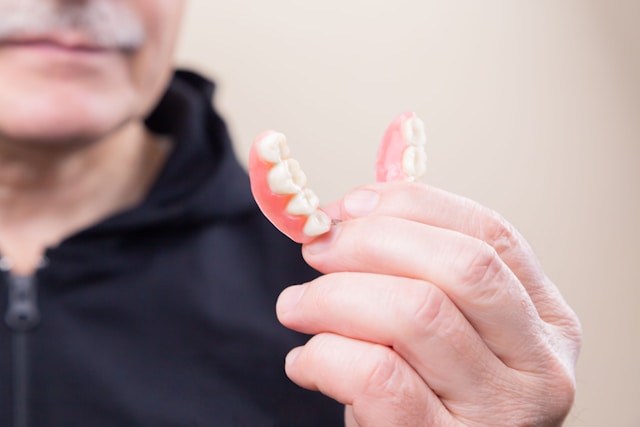Have you ever wondered how people rebuild their lives after experiencing trauma? The healing journey is often long and daunting, requiring immense strength and support. Many individuals turn to therapy, support groups, and other resources to help them process their experiences.
A mental health clinic is essential in this healing journey, particularly for people dealing with Post-Traumatic Stress Disorder (PTSD). These clinics offer specialized therapies and support systems that help individuals navigate the complexities of their emotions. Let’s explore how these facilities can help PTS patients cope with their lives effectively.
A Beacon of Hope
These specialized facilities offer a lifeline for individuals struggling with PTSD. Moreover, it offers a secure and nurturing space where people can start their path to recovery. Therapists and counselors trained in trauma-focused therapies work closely with patients to address the core issues underlying their PTSD.
Tailored Treatment Approaches
Every person’s experience with trauma is unique. This necessitates tailoring treatment plans to each individual’s unique needs. These facilities employ a range of therapeutic techniques to cater to different needs. Cognitive-behavioral therapy (CBT) helps individuals face negative thought patterns. Exposure therapy gradually exposes patients to trauma-related memories in a controlled setting.
Beyond Therapy: Holistic Healing
Healing from PTSD is a comprehensive process. These facilities often incorporate complementary therapies to support overall well-being. Mindfulness and meditation practices can help manage stress and anxiety.
Endorphins are released during exercise and other physical activity. These chemicals uplift the mood. Support groups offer a sense of community and shared understanding.
Building Resilience
Treatment aims not just to alleviate symptoms but to build resilience. These health clinics empower individuals to develop coping mechanisms and life skills. They learn to manage triggers, set boundaries, and establish healthy relationships. Over time, patients regain control of their lives and find meaning and purpose.
A Journey Towards Recovery
Healing from PTSD is a journey, not a destination. It requires patience, perseverance, and professional support. These clinics are committed to walking alongside individuals every step of the way. With the right care and support, people can overcome the difficulties of PTSD and live fulfilling lives.
Skill Building and Coping Strategies
Beyond addressing the core symptoms of PTSD, these clinics focus on building essential skills and coping strategies. Patients learn techniques for managing stress, anxiety, and flashbacks. They also develop healthy coping mechanisms to navigate daily difficulties. By equipping individuals with these tools, clinics empower them to regain control of their lives and build resilience.
Medication Management (If Necessary)
Medication may be suggested in certain situations as a component of an all-encompassing PTSD treatment program. These health clinics can assess the need for medication and work closely with psychiatrists or primary care physicians to manage it effectively. Medication can help alleviate symptoms like anxiety, depression, and sleep disturbances, improving overall well-being.
Evidence-Based Therapies
These health clinics utilize evidence-based therapies that have proven effective in treating PTSD. These treatments include exposure therapy, cognitive-behavioral therapy (CBT), and eye movement desensitization and reprocessing (EMDR). They assist patients in processing difficult emotions, overcoming negative thought patterns, and progressively facing traumatic experiences. By incorporating these approaches, clinics provide patients with the best possible chance of recovery.
Support Groups and Family Involvement
Making connections with people who have gone through similar things can be pretty helpful for those who suffer from PTSD. These health clinics often offer support groups where patients can share their stories and provide mutual support. Likewise, they can learn from one another. Additionally, involving family members in the treatment process can provide additional support and understanding.
By offering a combination of these services, a mental health clinic creates a supportive and healing environment for individuals with PTSD. Asking for help is not a sign of weakness but instead of power. If you believe that you or someone you know is suffering from PTSD, it can be very beneficial to speak with an expert. Your journey to healing begins with a single step.



